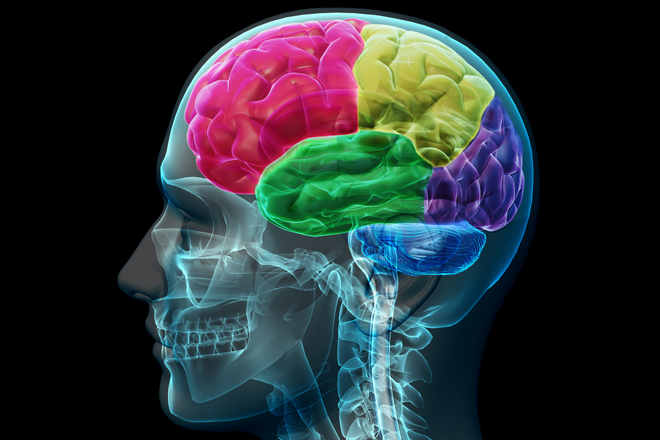Genetic Variants Underlying Normal Brain Development and Aging ID’d
 The identification of genetic variants that influence the structure of the brain may provide insight into the causes of variability in human brain development. The findings, which appear this week in the journal Nature, may also help determine the genetic processes that underlie neuropsychiatric diseases.
The identification of genetic variants that influence the structure of the brain may provide insight into the causes of variability in human brain development. The findings, which appear this week in the journal Nature, may also help determine the genetic processes that underlie neuropsychiatric diseases.
Portions of the human brain known as the subcortical regions are involved in functions associated with movement, learning, memory and motivation; alterations to the structure of these regions can lead to abnormal behavior and disease. To investigate how common genetic variants affect the structure of these brain regions, a worldwide group of researchers including those from Boston University School of Medicine (BUSM) analyzed genetic data and MRI scans collected from 30,717 individuals. They found a number of genetic variants that influence the volume of subcortical brain structures, and many of these variants seem to exert their effects through known developmental processes. One genetic variant found to be linked to changes in the volume of the hippocampus — a key region involved in learning and memory — is also known to be associated with schizophrenia.
The neurology working group of the Cohorts for Heart and Aging Research in Genomic Epidemiology (CHARGE) consortium is led by Sudha Seshadri, MD, a professor of neurology at BUSM and a senior investigator at the Framingham Heart Study. “This is another example of the wide range of new scientific discoveries that continue to emerge from the invaluable Framingham Heart Study cohort as well as the many diverse international collaborations BUSM researchers lead and participate in,” said Seshadri.
The study is a collaboration involving 30,000 participants and investigators from Australia, the U.S., Europe and Asia.